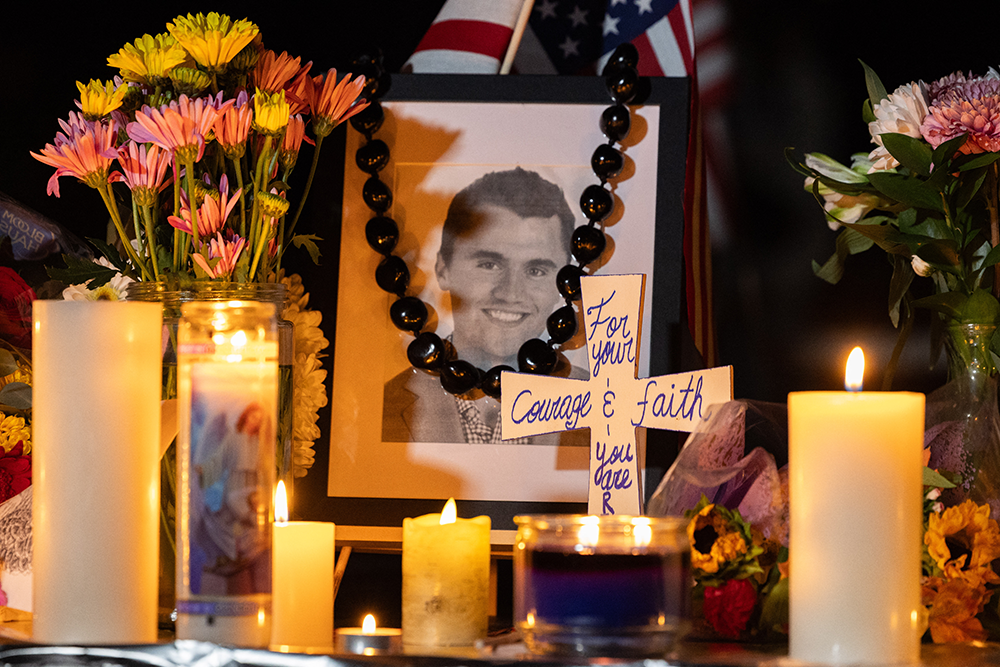I went to Relate once, the counselling service formerly known as the National Marriage Guidance Council. I wasn’t married at the time — this was about 25 years ago — but in a long-term relationship. Or at least it was long-term for me at the time. My girlfriend went with me and I rather hoped they might say to her: ‘Stop shagging that man called Raymond, you little whore.’ But they didn’t at all. They kind of noted the existence of Raymond in what seemed to be a slightly approving manner, and suggested it was probably for the best if we all moved on, separately, away from each other.
Relate was founded in 1938 by a clergyman, Herbert Gray, who was worried about rising divorce rates. I think he believed this was a bad thing on the whole. The annual number of divorces in the 1930s was about 4,000. In 2013 it was 130,000.
Not long before I dropped into Relate they had appointed as their patron that stoical guardian of monogamy and morality, Princess Diana. But I think the rot set in earlier, when they changed their name to the mimsy and stupid ‘Relate’. The National Marriage Guidance Council, as a title, conveyed the impression that as a country we valued marriage and that it might be a good idea to sort out one’s differences rather than head to the divorce courts. But as a country we no longer think that, so I suppose the old title is redundant. More’s the pity.
The Times has launched a campaign to overhaul the divorce laws — which it believes are 50 years out of date — and has enlisted various judges and eminences to advance this cause. When I first read the headline I was delighted, because with the possible exception of credit cards I can think of no post-war social development that has brought more misery to more people than the ease with which divorces are handed out these days — and, in both cases, especially to the poorest of people. But when I read on I was astonished to see that the Times wants to make it easier for people to get divorced, whereas I had assumed it wished to make it substantially more difficult. At the moment, 42 per cent of marriages end in divorce: perhaps the Times will not be content until that number is 100 per cent and thinks that the decree nisi should arrive as soon as possible, preferably the moment the bride and groom return from their honeymoon in the Maldives and before the wedding presents have been unwrapped. The paper also wants ‘no fault’ divorces (which we already have, effectively) and a severe restriction in spousal maintenance — one of the few remaining incentives for husbands to stay with their wives.
The 1973 Matrimonial Causes Act allowed for a much swifter parting of company between man and wife and it was the comparatively affluent who were the first to take advantage of this legal genuflection to the ‘me generation’; the notion that henceforth we should be able to do what the hell we liked, whenever we wanted, and that marriage was no longer for life but just for a bit. And that the consequences did not really matter: what mattered was our immediate happiness.
The poor followed in good time. I stood outside the Job Centre in Middlesbrough a few years back, interviewing everyone who came out, or at least all those who would speak to me. The proportion of people whose parents were separated or divorced was 100 per cent. The vast majority had gone on to suffer broken marriages themselves or had sired offspring with partners and then moved on. This stuff had not made them feel free and happy. It had effectively wrecked their lives, financially and emotionally. They were hamstrung by debt and the meagre payments they had to pay to estranged spouses. The women were unable to find work because they were required to look after their kids. The men couldn’t travel for work because they still wanted to see their children. The relationships they formed were all transient and ephemeral, devoid of commitment, devoid of real love, you might say. That’s what it was like for the adults.
For the children? Catastrophic. Perhaps the least of their problems is that they too are more likely to form temporary partnerships and thus perpetuate the problem, according to various studies. More to the point is the long and dismal list of outcomes for children who have suffered their parents being divorced. As I mentioned a few weeks ago, those brought up by single parents do worse at school, are more likely to suffer emotional and mental problems, more likely to be unemployed or end up in low-skilled work, more likely to be in trouble with the police, more likely to take drugs, more likely to be promiscuous. And this is true even when weighted to take account of economic differences. Neither is everything rosy with stepchildren. There is the profound emotional trauma that always accompanies divorce. And then, stepchildren are far more likely to struggle economically, socially and behaviourally, no matter how well off their family. They receive less parental attention than kids brought up with a biological mum and dad who are married.
It is true, whether we like it or not: children are best brought up by their genetic mum and dad, who are married, not merely cohabiting. They are the ones who have the best outcomes. No matter how inconvenient this fact might be as regards our wish to have sexual intercourse with as many people as is humanly possible, it is still nonetheless a fact. And we should not ignore it simply because it cramps our style a little and does not give us the non-judgmental freedom we crave. It is one of the few areas where science agrees with the church. And yes, I’m a divorcee — but it doesn’t alter the facts.
Spectator.co.uk/Rodliddle
The argument continues online.
























